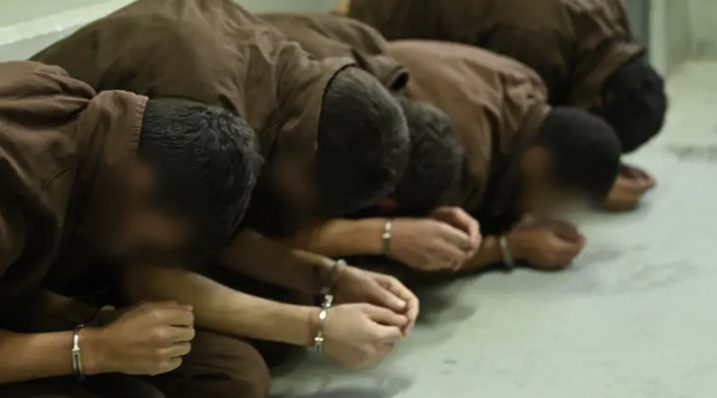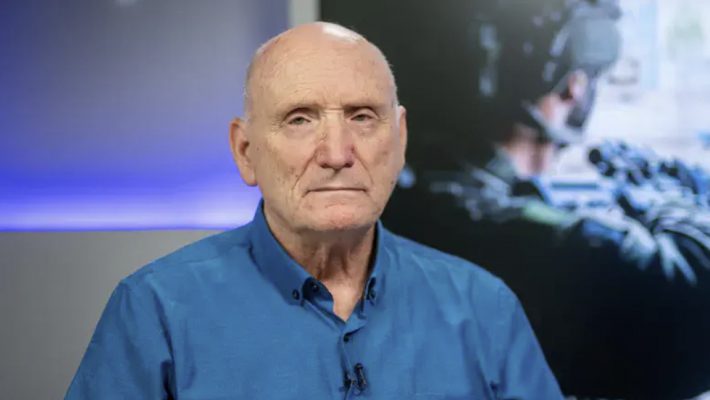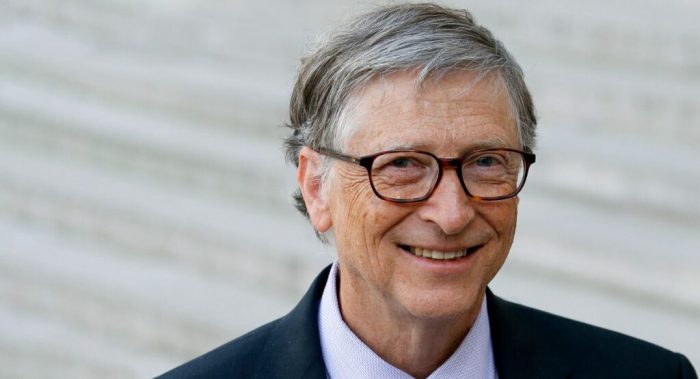Tehran may cut enrichment levels from 60% to 20% in a bid to avert a UN sanctions “snapback,” though resistance from hardliners threatens the move.
Iran is reportedly preparing a major concession in its nuclear program to prevent Britain from triggering the reimposition of United Nations sanctions, The Telegraph revealed.
According to the report, Ali Larijani, newly appointed secretary of Iran’s Supreme National Security Council, is leading efforts to reduce uranium enrichment from the current 60% — dangerously close to weapons-grade — down to 20%.
The shift is designed to ease Western pressure and head off the possibility of Israeli or American military action.
⚠️ Nuclear Deal Context
Under the 2015 Joint Comprehensive Plan of Action (JCPOA), Iran agreed to limit enrichment to 3.67%, far below weapons potential. Its current enrichment program has alarmed Western powers, who warn that Tehran is edging closer to nuclear breakout capacity.
European signatories — Britain, France, and Germany — have given Iran until the end of August to return to negotiations. If Tehran stalls, London is expected to trigger the deal’s “snapback” clause, which would swiftly restore UN sanctions. The clause expires in October, after which sanctions would face Chinese or Russian vetoes.
⚔️ Internal Power Struggles
Larijani faces strong resistance from the Islamic Revolutionary Guard Corps (IRGC), though some in Iran’s leadership see an opportunity to re-engage diplomatically.
Foreign Minister Abbas Araghchi has been in talks with European counterparts, with a meeting set for next week. While publicly railing against Western “threats,” Iran continues to signal its willingness to negotiate.
President Masoud Pezeshkian is under fire from conservative factions who accuse him of betraying national interests by considering a rollback in enrichment. Reformist voices, however, argue that sanctions relief is essential to stabilizing Iran’s fragile economy.
🪖 Military Posturing
Even as diplomacy stirs, Tehran has ramped up military drills and reaffirmed its readiness for conflict. Top commanders insist that Iran’s defense strength must remain uncompromised, regardless of nuclear negotiations.Iran is reportedly preparing a major concession in its nuclear program to prevent Britain from triggering the reimposition of United Nations sanctions, The Telegraph revealed.
According to the report, Ali Larijani, newly appointed secretary of Iran’s Supreme National Security Council, is leading efforts to reduce uranium enrichment from the current 60% — dangerously close to weapons-grade — down to 20%.
The shift is designed to ease Western pressure and head off the possibility of Israeli or American military action.
⚠️ Nuclear Deal Context
Under the 2015 Joint Comprehensive Plan of Action (JCPOA), Iran agreed to limit enrichment to 3.67%, far below weapons potential. Its current enrichment program has alarmed Western powers, who warn that Tehran is edging closer to nuclear breakout capacity.
European signatories — Britain, France, and Germany — have given Iran until the end of August to return to negotiations. If Tehran stalls, London is expected to trigger the deal’s “snapback” clause, which would swiftly restore UN sanctions. The clause expires in October, after which sanctions would face Chinese or Russian vetoes.
⚔️ Internal Power Struggles
Larijani faces strong resistance from the Islamic Revolutionary Guard Corps (IRGC), though some in Iran’s leadership see an opportunity to re-engage diplomatically.
Foreign Minister Abbas Araghchi has been in talks with European counterparts, with a meeting set for next week. While publicly railing against Western “threats,” Iran continues to signal its willingness to negotiate.
President Masoud Pezeshkian is under fire from conservative factions who accuse him of betraying national interests by considering a rollback in enrichment. Reformist voices, however, argue that sanctions relief is essential to stabilizing Iran’s fragile economy.
🪖 Military Posturing
Even as diplomacy stirs, Tehran has ramped up military drills and reaffirmed its readiness for conflict. Top commanders insist that Iran’s defense strength must remain uncompromised, regardless of nuclear negotiations.





